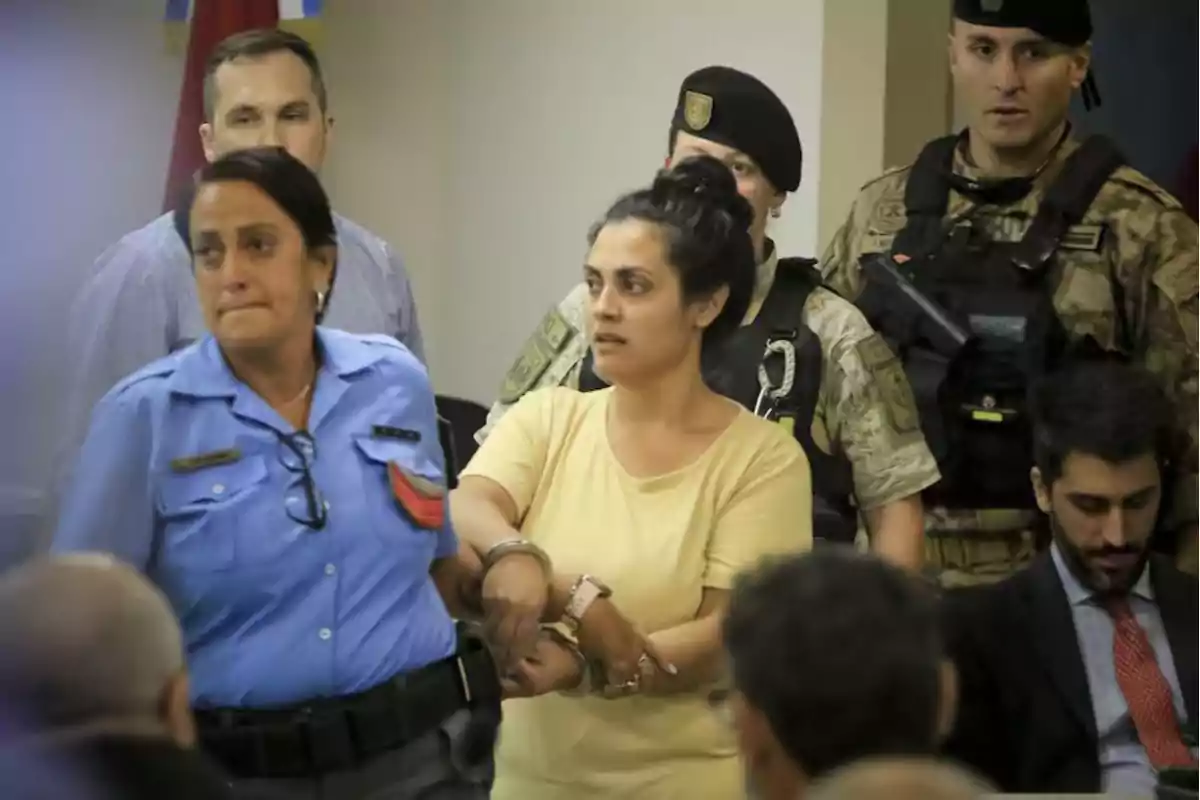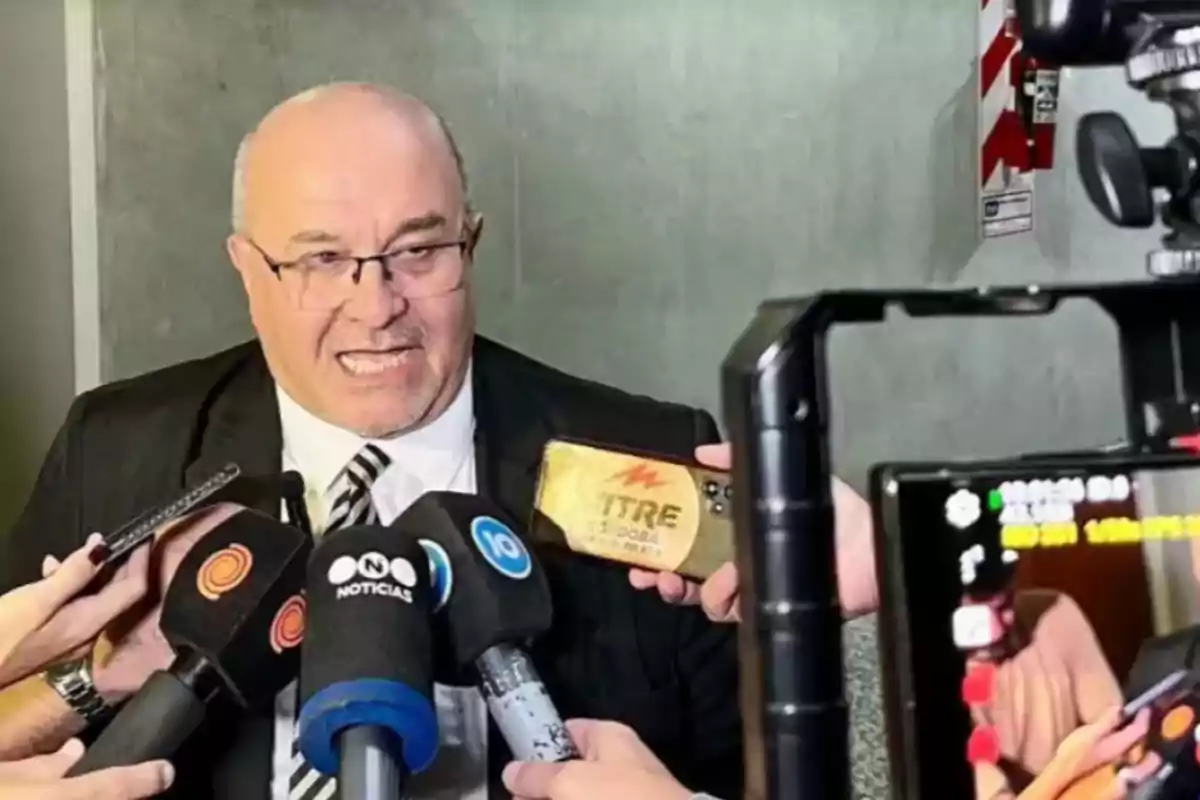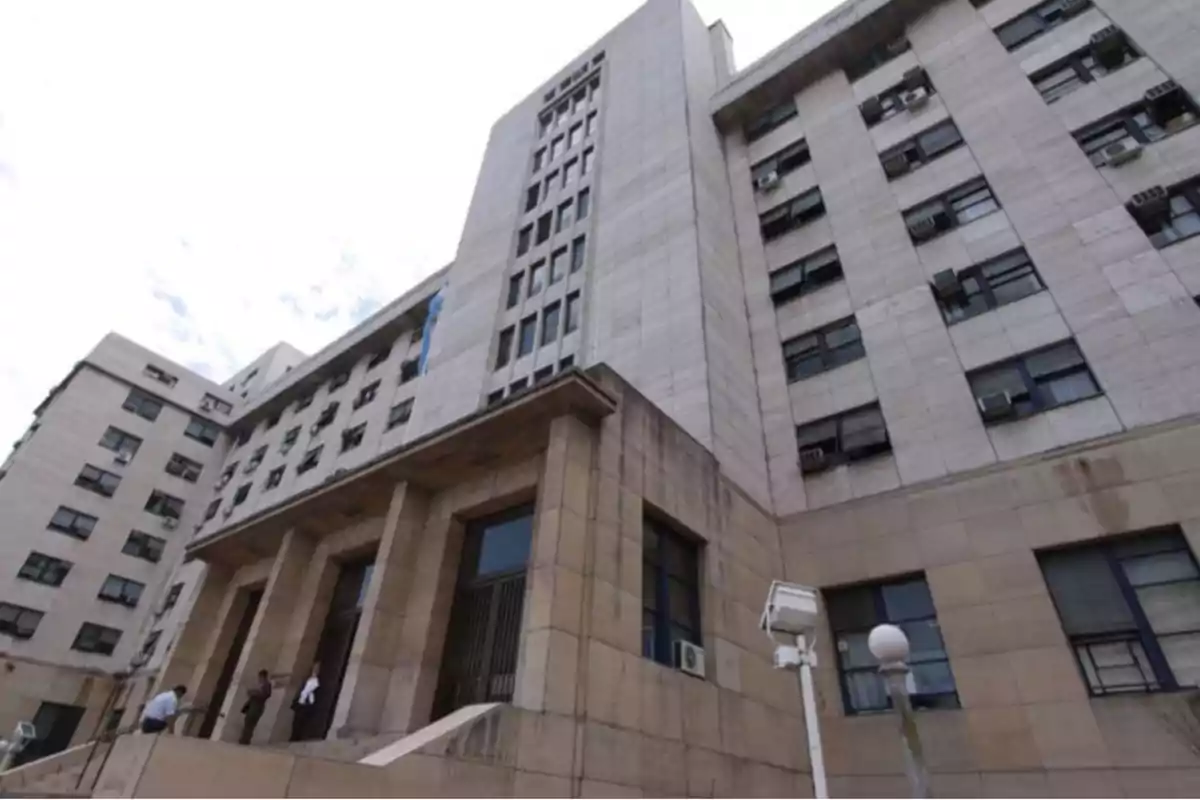
They appealed Brenda Agüero's life sentence in the Neonatal case to the Court of Cassation.
The defense challenged the verdict and stated that there is no direct evidence linking the nurse to the events
The defense attorneys for Brenda Agüero, sentenced to life imprisonment for the deaths of five babies and the decompensation of eight others, filed an appeal before the Court of Cassation. They argued that the ruling by the 7th Criminal Chamber lacks grounds and is based on arbitrary assessments. They also contended that the verdict violates basic constitutional guarantees such as the presumption of innocence and the right to a defense.
The brief, submitted by attorneys Gustavo Nievas and Juan Manuel Rivero, focuses on three central issues of the judicial process. Among them, the way the jury was instructed, the weakness of the evidence, and the lack of certainty regarding authorship. According to the defense, the verdict was issued with a bias that influenced the jurors' perspective and violated due process.
One of the most prominent points of the appeal states that the jurors received final instructions that affected the impartiality of the verdict. According to Nievas and Rivero, they were told that voting to acquit Agüero also meant acquitting the officials accused of omission. For the attorneys, that premise influenced the final decision and undermined the independent analysis of the nurse's situation.

Criticism of the evidence used in the verdict
The defense challenged the assessment of the indications by stating that there is no direct evidence linking Agüero to the events. They recalled that no witness saw her inject substances and no syringes or chemicals implicating her were seized. They also emphasized that several mothers identified the nurse only after seeing her face in the media.
The appeal insisted that the toxicological examinations presented technical and methodological flaws that undermine the reliability of the accusation. They cited Marta Cohen, who warned that the methods applied "are not currently used in forensic investigation." They also pointed out that two of the five deceased babies never underwent autopsies that would allow natural causes to be ruled out.
The defense attorneys also objected to the psychological evaluation, which they described as biased and based on interpretive circularity. They noted that the "serial killer" profile was intended to fit the prosecution's hypothesis. They also questioned that the digital evidence was handled irregularly and that Agüero's cell phone was manipulated without a forensic copy.

The dissenting vote and the request for annulment
The appeal recalled that four jurors voted to acquit Agüero because they considered the evidence insufficient to convict her. They maintained that the cases analyzed show inconsistencies in the potassium injection hypothesis. They also highlighted that most of the babies did not present necrosis compatible with the prosecution's accusation.
Regarding the 13 episodes investigated, the defense emphasized that many have alternative medical explanations. They mentioned sepsis, complications inherent to childbirth, and neonatal collapses as possible causes in several of the babies. They even pointed out that in the case of Delfina Martín there is no certainty that Agüero was responsible.
Finally, Nievas and Rivero requested that the Court of Cassation annul the verdict and review the actions of the court. They stated that the ruling appears to be a text written before the hearings and not a serious analysis of the evidence produced. "The indication of presence is not enough to support a life sentence," the defense attorneys reiterated.
More posts: